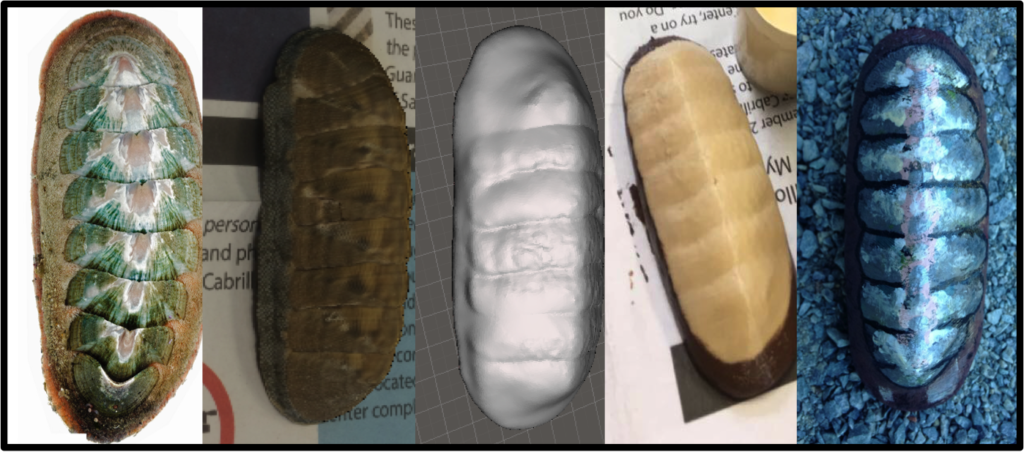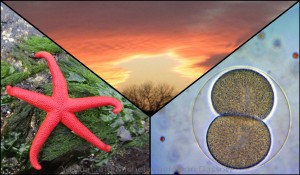
Foghorn (A Call to Action!)
It’s month two of the longest shutdown in US history and there’s only one party who won’t allow a vote to reopen the government proceed. Have you called you senator today?
And while I have your attention, FYI:
Flotsam (what we’re obsessed with right now)3-D Printing the Ulitmate Deep-Sea Christmas Tree
- Oceans Warming Faster Than Predicted, Scientists Say and Ocean Warming Is Accelerating Faster Than Thought, New Research Finds.
- Ministry hints Putin’s Arctic ambitions are not realistic. There is unease in several Russian government ministries as officials start to understand that the President’s objectives for the Northern Sea Route can not be reached. The only way to please the president might be to expand the sea route itself.
- Hagfish are so good. We don’t deserve hagfish.

